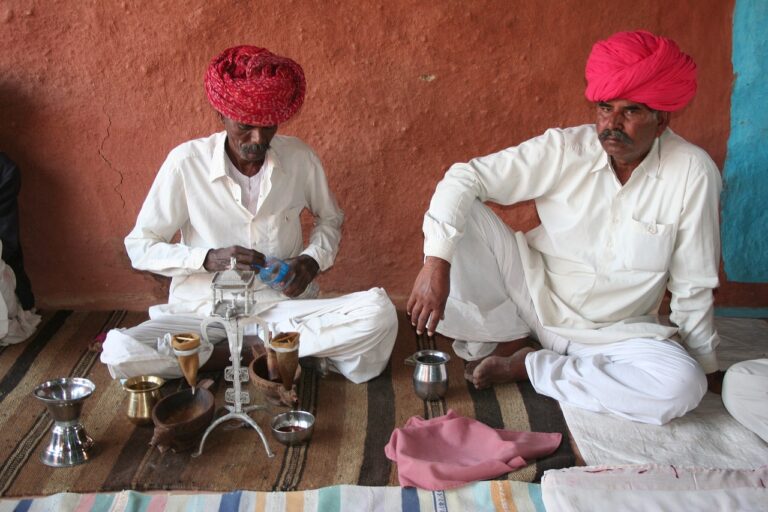The Role of Transparency in Campaign Funding Reporting
Transparency in political campaigns is crucial for maintaining the integrity of democratic processes. When candidates or political parties openly disclose their financial contributions and expenditures, it helps voters make informed decisions about who to support. Without this disclosure, it becomes difficult to track where the funding is coming from and identify any potential conflicts of interest.
Additionally, disclosure in political campaigns promotes accountability among those seeking public office. When candidates are required to reveal their sources of funding, it can help prevent corruption and ensure that elected officials are working in the best interests of the public rather than special interest groups. By shining a light on the flow of money in campaigns, transparency fosters trust between politicians and the electorate.
Challenges in Ensuring Financial Transparency in Elections
Ensuring financial transparency in elections poses significant challenges in today’s political landscape. With the rise of digital advertising and loopholes in reporting requirements, tracking and monitoring campaign finances has become increasingly complex. The influx of money from undisclosed sources, often referred to as “dark money,” further complicates the task of maintaining transparency in the electoral process.
Moreover, the lack of uniform regulations across different jurisdictions creates inconsistencies in financial disclosure practices. This patchwork of laws and regulations allows for discrepancies in reporting standards, making it difficult to establish a clear and comprehensive understanding of how campaign funds are being raised and spent. As a result, the public is left in the dark about the true financial backers behind political candidates and causes, undermining the democratic principles of accountability and transparency.
The Impact of Dark Money on Democracy
In recent years, the issue of dark money has become a significant concern in political campaigns. Dark money refers to funds contributed to non-profit organizations that are not required to disclose their donors, allowing for anonymity in political contributions. This lack of transparency can have a profound impact on democracy by giving undisclosed wealthy individuals and special interest groups undue influence over the electoral process.
The influx of dark money into elections can result in candidates being beholden to hidden donors rather than to the constituents they are meant to represent. This can lead to policies being influenced by the interests of a few wealthy contributors rather than the needs and desires of the general public. Without proper disclosure and regulation of dark money, the democratic principle of equal representation and fair decision-making can be undermined, eroding the foundation of a truly representative government.
• Dark money allows for anonymity in political contributions
• Lack of transparency gives undisclosed wealthy individuals and special interest groups undue influence
• Candidates may become beholden to hidden donors rather than constituents they are meant to represent
• Policies can be influenced by the interests of a few wealthy contributors rather than the general public
• Without regulation, democratic principles of equal representation and fair decision-making can be undermined
What is dark money?
Dark money refers to funds spent on political campaigns by organizations that are not required to disclose their donors. This lack of transparency makes it difficult to determine who is influencing the election.
Why is disclosure important in political campaigns?
Disclosure helps to ensure transparency and accountability in the political process. By knowing who is funding a campaign, voters can make informed decisions about the candidates and their policies.
What challenges exist in ensuring financial transparency in elections?
One of the main challenges is the use of loopholes in campaign finance laws that allow donors to remain anonymous. Additionally, the rise of super PACs and other outside spending groups has made it easier for dark money to flow into political campaigns.
How does dark money impact democracy?
Dark money can distort the political process by allowing wealthy donors and special interests to influence elections without accountability. This can lead to a lack of trust in the political system and undermine the principles of democracy.







